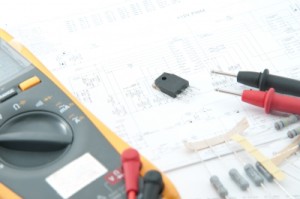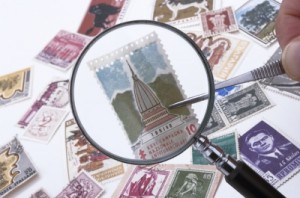Hobbies are very important in retirement and electronics is one of my favorites so we’ll talk about it here. Hobbies are so important in fact that we’ll be doing a whole series of hobby posts.
Why hobbies?
Hobbies are a much better use of your time than say, watching TV. In retirement you finally have some time to pursue hobbies that you started years ago, or that gained your recent interest. They help mental sharpness and social interaction. Some can even turn into part time jobs.
I fooled around with electronics when I was a young up until the time it was no longer cool. Do you remember Heathkit and when going to Radio Shack for parts was a blast? Well electronics is still fun and with the Internet ideas and suppliers are just a click away. Most parts are accessible and generally reasonable.
Where to start
You can start at least two ways. One is by learning through experiments and the other is by building kits.
MAKE magazine sells some excellent learn electronics books and sells kits with all the parts to do the experiments in the books. Kits are available through many sources. Here are a few to get you started:
Maker Shed (associated with MAKE magazine.)
Spark Fun Electronics
Jameco Electronics
Adafruit
You can also do projects from scratch and collect ideas and parts yourself. Check out Instructables on the web. Parts are available from the sources above as well as Amazon, Newegg, and Ebay. Just do some Google searches on the company names we have mentioned. The ideas are limitless!
Arduino
There are two special classes of electronics that I’ll mention here because they are so popular. One is called Arduino and other is Raspberry Pi.
Arduino is programmable board containing a microcontroller that can be programmed using an open source development language and environment. Hobbyists and experimenters have used it for hundreds of different projects.
Raspberry Pi
Raspberry Pi is a little one board computer developed in the UK. It sells for under $40 and has taken the hobbyist and experimenter’s world by storm. It is used for all kinds of projects and a simple Internet search will give you all kinds of ideas.
With electronics the idea is to keep learning and keep trying new things. There is an almost limitless number of ideas to keep you busy and yearning for more. I suggest you keep a journal of your projects and experiments. Often you will re-use parts of project ideas long after you forget about them (and the journal is real handy for that.)
Some websites
Some websites mentioned in this article:


